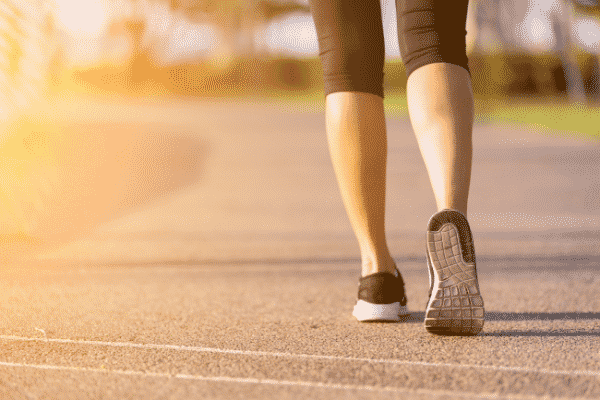As we continue to work from home, many of us may find ourselves going days without stepping outdoors. While it’s important to keep up this social distancing, there’s a good chance it means we’re not getting all the sunlight we need. After all, when was the last time you took a good, long stroll and soaked in some rays?
With vitamin D deficiencies rampant in our community, it’s more important than ever to learn what we can, and should, do to stay healthy. The vitamin plays a bigger role in our immune system than we think!
The benefits of Vitamin D
The so-called “sunshine vitamin” is produced naturally by our body with exposure to sunlight. It plays a crucial role in the absorption of calcium and in moderating our immune system.
Vitamin D is also believed to help keep away other health issues like diabetes, bacterial infections, heart diseases, and even regulating our body weight.
Ironically, Vitamin D deficiency prevails in the Indian subcontinent, with some studies suggesting that 70%-90% of Indians have the deficiency without knowing it. This is often linked to our darker skin – the higher the melanin levels, the lesser vitamin D the skin absorbs. Surprising, right?

READ ALSO: Winter fashion: curating the perfect cold weather wardrobe
Additional factors that affect Vitamin D levels
Other than the melanin levels of our skin, there are other factors that can affect how well our body absorbs Vitamin D.
- Location: the further away we live from the equator, the less UVB light (which produces Vitamin D) reaches us.
- Weight: Some studies suggest that people with more body weight might actually observe lower vitamin D levels. It’s attributed to the fact that the vitamin is stored in fatty tissues, so people with more body fat may need greater amounts of Vitamin D to maintain the necessary levels in their blood stream.
- Age: Older people may see lower levels of the vitamin as their body’s ability to process the vitamin slows down with time.
Symptoms of Vitamin D deficiency
Unlike other vitamin deficiencies, this one can be particularly hard to notice because it doesn’t exhibit outward symptoms.
Instead, the things to keep an eye out for include fatigue, difficulty sleeping, muscle cramps, and stress fractures (particularly in the hips, legs, and pelvis).

READ ALSO: What to drink with dinner to get the most iron from your food (and what to avoid)
How to get your dose of Vitamin D
Of course, the best way to meet your daily requirement of Vitamin D is by simply going out for a walk. It’s suggested that you spend at least 20 minutes in the sun every day.
However, there are ways to include the vitamin in your diet apart from supplements.
- Focus on necessary oils like cod liver oil and oily fish like salmon, tuna, and mackerel
- Increase your dose of fortified foods like yoghurt, cheese, egg yolks, and breakfast cereals
- Turn to seasonings like turmeric, garlic, black mustards seeds, and coriander
- Include more mushrooms in your dishes
If you suspect that you might have a Vitamin D deficiency, get in touch with your GP for possible tests and/ or supplements to include in your diet. If you decide to turn to supplements, keep in mind that too many supplements might cause issues like nausea, dehydration, and poor appetite. Luckily, you can’t really get too much vitamin D from the most natural source of all, the sun.
So while you work away on your laptops and keep up with social restrictions, take some time out of your day to walk in the sun. It’ll help your mood and it’ll definitely help your health!
Link up with us!
Indian Link News website: Save our website as a bookmark
Indian Link E-Newsletter: Subscribe to our weekly e-newsletter
Indian Link Newspaper: Click here to read our e-paper
Indian Link app: Download our app from Apple’s App Store or Google Play and subscribe to the alerts
Facebook: facebook.com/IndianLinkAustralia
Twitter: @indian_link
Instagram: @indianlink
LinkedIn: linkedin.com/IndianLinkMediaGroup




